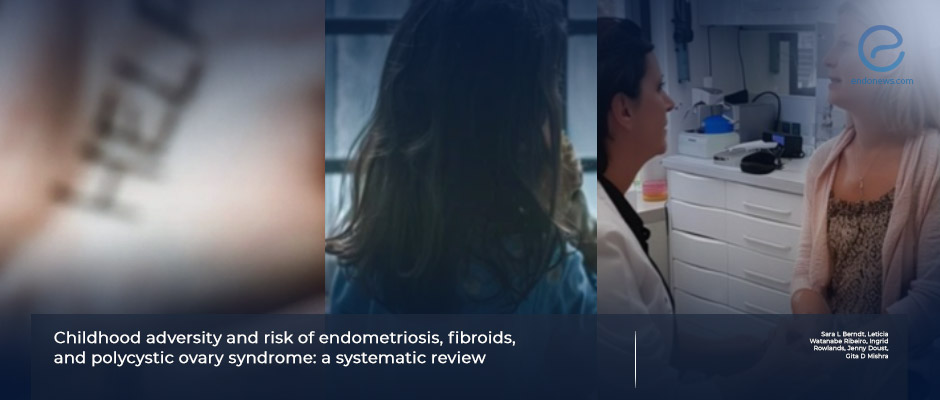Childhood Adversity Associated With Increased Risk of Endometriosis and Fibroids
Feb 13, 2025
Physical and sexual abuse during childhood seems to be associated with a higher risk of endometriosis and fibroids later in life.
Key Points
Highlights:
- Childhood adversity is associated with an increased risk of endometriosis and fibroids.
Importance:
- Only a few studies looked at the possible link between childhood adversity and gynecological conditions later in life.
What’s done here:
- Researchers conducted a systematic literature review and meta-analysis to assess the possible link between childhood adversity and gynecological conditions including endometriosis, later in life.
- Three out of 7 articles selected for inclusion examined the association with endometriosis, one examined multiple gynecological conditions, including endometriosis.
Key results:
- Cumulative exposure to childhood adversity was associated with an increased risk of endometriosis and fibroids.
- Childhood exposure to sexual abuse was associated with an increased risk of endometriosis and fibroids.
- Exposure to physical abuse during childhood was associated with an increased risk of fibroids.
Strengths and Limitations:
- This study seems to be the first systematic review to examine whether childhood adversity can be linked to the development of gynecological conditions, including endometriosis.
- Methodologies are incosistent to assess the association between exposure to adversity in childhood and gynecological conditions, research on the subject is extremely limited, diagnoses are mostly self-reported.
Lay Summary
Childhood adversity such as physical and sexual abuse, neglect, household dysfunction, peer bullying before 18 years of age may be associated with the development of endometriosis and fibroids later in life, according to a new study published in the scientific journal Fertility and Sterility.
“These initial findings warrant further investigation in larger studies using standardized measures,” the authors of the study said.
Childhood adversity has been studied in relation to different health outcomes but its possible link with gynecological conditions such as endometriosis are not clear.
Here, a team of researchers led by Dr. Gita D. Mishra from the Australian Women and Girls’ Health Research Centre at the School of Public Health, Faculty of Medicine, The University of Queensland in Brisbane, Australia, conducted a systematic review of the literature to investigate the potential effect of childhood adversity on the prevalence of endometriosis, fibroids, and polycystic ovary syndrome (PCOS).
The researchers identified 7 studies that reported on the possible link between a form of childhood adversity and endometriosis, fibroids, and/or PCOS. Three out of 7 articles selected for inclusion examined the association with endometriosis, one examined multiple gynecological conditions, including endometriosis.
The team found that cumulative exposure to childhood adversity was associated with an increased risk of endometriosis and fibroids. Similarly, childhood exposure to sexual abuse was also associated with an increased risk of endometriosis and fibroids. Exposure to physical abuse during childhood was associated with a higher risk of fibroids.
The researchers warned that due to the limited number of studies and varying methodologies in this review, the results should be interpreted cautiously. They emphasized "This systematic review highlights a gap in our understanding of the impact of childhood exposure to adversity on the risk of gynecological conditions requiring further investigation".
In the United States, about two-thirds of adults have experienced at least one adverse childhood event, while one in six have gone through four or more.
Research Source: https://pubmed.ncbi.nlm.nih.gov/39521113/
fibroids sexual abuse physical abuse childhood adversity

